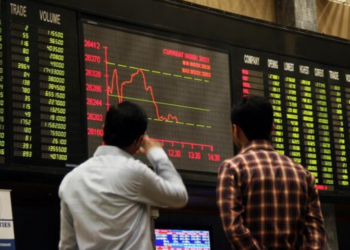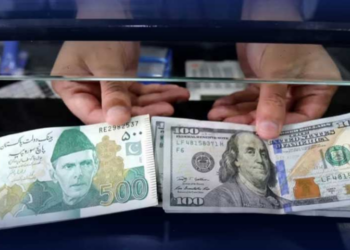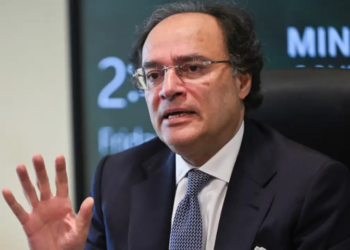Karachi, December 9, 2024: The inflow of overseas workers’ remittances to Pakistan totalled $2.92 billion in November 2024, marking a 4.5% decline from $3.05 billion in October, according to data released by the State Bank of Pakistan (SBP). However, on a year-on-year (YoY) basis, remittances showed a robust 29.1% growth compared to $2.26 billion in November 2023.
During the first five months of FY25 (July-November), remittances rose by 33.6% YoY to $14.8 billion, up from $11.1 billion in the same period of FY24. These inflows remain vital for supporting Pakistan’s external account, driving economic activity, and improving the disposable income of remittance-dependent households. Finance Minister Muhammad Aurangzeb expressed optimism last week, forecasting remittances to reach a record $35 billion in FY25, compared to $30.25 billion in FY24.
Saudi Arabia continued to be the largest source of remittances, with $729.2 million sent in November 2024. This was 5% lower than October’s figure but reflected a 34% YoY increase from $543.6 million in November 2023. Inflows from the United Arab Emirates (UAE) were relatively stable at $619.4 million, marginally decreasing by 0.25% compared to October’s $620.9 million but jumping by 50% YoY from $411.8 million in November 2023.
Remittances from the United Kingdom amounted to $409.9 million, a 4.6% decline from October’s $429.8 million. However, YoY inflows improved by 20%. From the European Union, inflows decreased by 10% month-on-month, totaling $323.1 million in November compared to $359.1 million in October. Meanwhile, remittances from the United States saw a 4.3% month-on-month decline, standing at $288.2 million in November 2024.
In October 2024, the SBP introduced a revamped incentive structure to enhance remittance flows through banks and exchange companies. This included fixed and variable component incentives designed to streamline remittance processes and further boost inflows. The consistent rise in YoY remittance inflows highlights the crucial role of overseas Pakistanis in bolstering the economy, even as month-to-month variations pose ongoing challenges.









